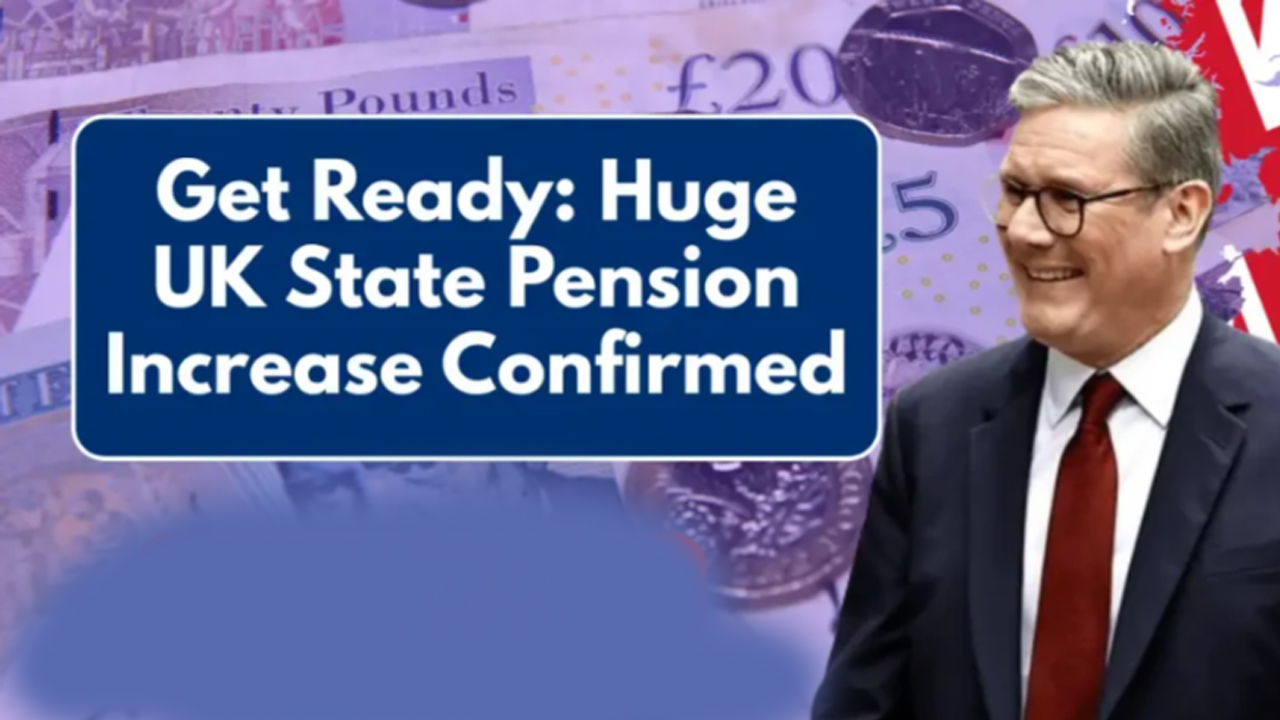The UK government has officially confirmed a significant increase to the State Pension for 2025. Thanks to the triple lock guarantee, millions of retirees will see a substantial rise in their income, providing a welcome cushion against the backdrop of the ongoing cost of living crisis.
This uplift is being heralded as one of the most generous in recent history, driven by record wage growth that outpaced both inflation and the 2.5% minimum guarantee. For many, this isn’t just a number on a page; it’s a crucial lifeline to help cover rising expenses like food and energy bills.
Understanding the Triple Lock
So, what is the triple lock and why does it matter? It’s a government policy designed to protect the value of the State Pension. Each year, the pension rises by the highest of three measures:
- Inflation: Measured by the Consumer Price Index (CPI) in September of the previous year.
- Average earnings growth: The average increase in wages across the UK from May to July.
- A minimum of 2.5%.
New Prescription Guidelines for UK Over-60s: Full Update
This year, the strong growth in average earnings has triggered a significant increase, ensuring pensioners’ incomes don’t fall behind those of the working population.
How Much Will Payments Increase?
The Department for Work and Pensions (DWP) has announced the new rates, which will take effect from April 2025.
- The full new State Pension will rise to £230.25 per week. This could amount to over £11,973 annually.
- The basic State Pension (for those who reached pension age before April 2016) will increase to £176.45 per week, or over £9,175 a year.
It’s important to note that not everyone will receive the maximum amount. Your personal payment will depend on your National Insurance record.
Who Is Eligible and How Do I Qualify?
Your eligibility for the State Pension is based on the number of years you have paid National Insurance (NI) contributions or received credits during your working life.
- To receive the full new State Pension, you generally need at least 35 qualifying years on your NI record.
- To get any State Pension at all, you need a minimum of 10 years of contributions.
- Those with between 10 and 34 years will receive a proportion of the full amount.
If you reached State Pension age before April 2016, you will remain on the basic State Pension system, which has different qualification rules.
Are You Missing Out on Extra Help?
For pensioners on a low income, the State Pension increase might not be enough. This is where Pension Credit can make a huge difference.
Pension Credit is a top-up benefit that boosts your weekly income to a guaranteed minimum. It’s often referred to as a “passport” to other benefits, unlocking access to financial support for housing costs, council tax, and even a free TV license for those over 75.
Thousands of eligible pensioners are not claiming Pension Credit, so it’s a vital step to check if you’re entitled to it. A simple call or a check online could provide substantial extra support.
Half of UK adults unaware of upcoming pensions shake-up
How to Check Your State Pension Forecast
If you’re nearing retirement or simply want to know where you stand, you can get a personalized forecast of your State Pension. This will show you how much you’re likely to get, when you can claim it, and whether there are any gaps in your NI record that you might want to fill with voluntary contributions.
You can do this easily through the government’s official State Pension forecast tool or by contacting the Future Pension Centre for guidance.
People Also Ask
Why the State Pension Is Increasing in 2025
The State Pension is increasing in 2025 due to the triple lock policy, which guarantees an annual rise by the highest of average earnings growth, inflation, or 2.5%. For the 2025/26 tax year, record wage growth was the highest of the three measures, leading to a significant pension increase.
Will my private pension be affected?
No, the State Pension increase does not directly affect your private or workplace pension. However, the rise could push your total annual income above the tax-free Personal Allowance (£12,570), meaning you might have to pay Income Tax on a portion of your income.
Do I need to apply for the increase?
No, the increase is automatic. If you are already receiving the State Pension, your payments will be updated with the new rates from April 2025.
